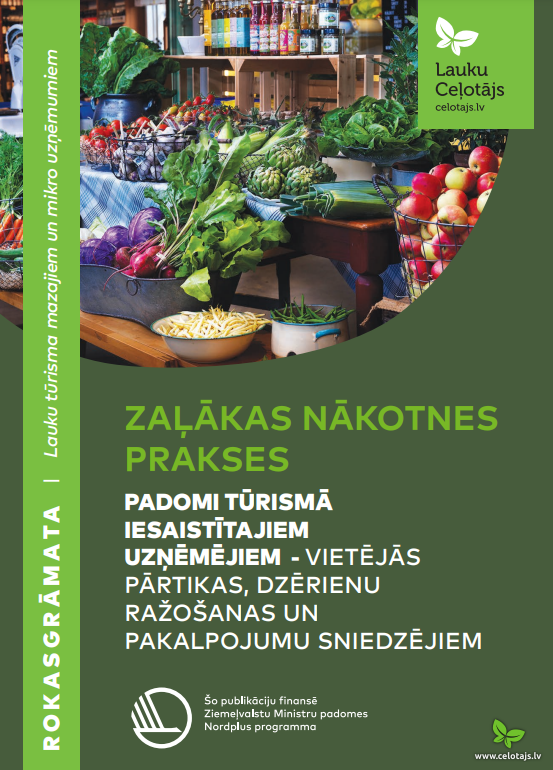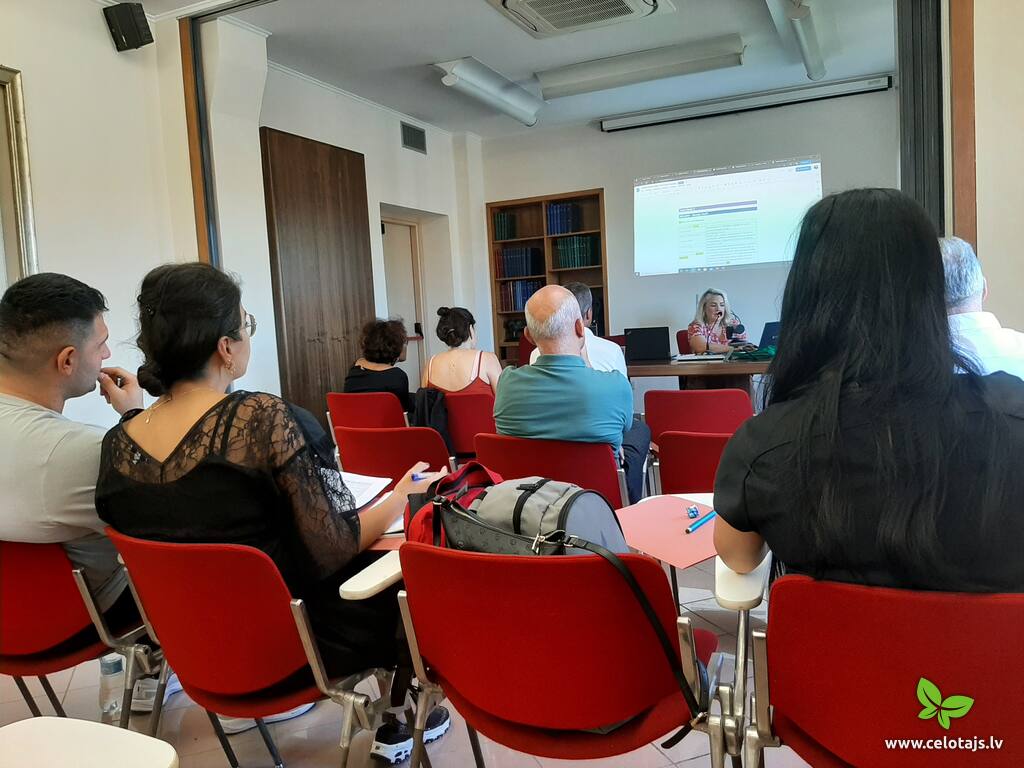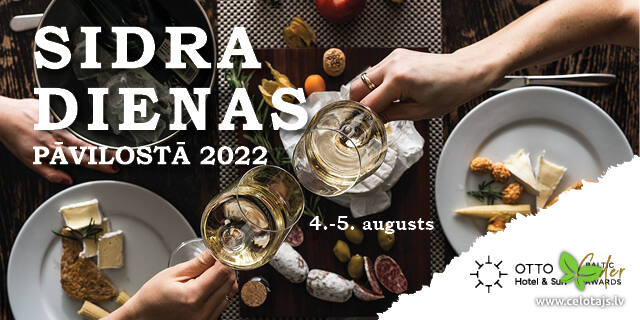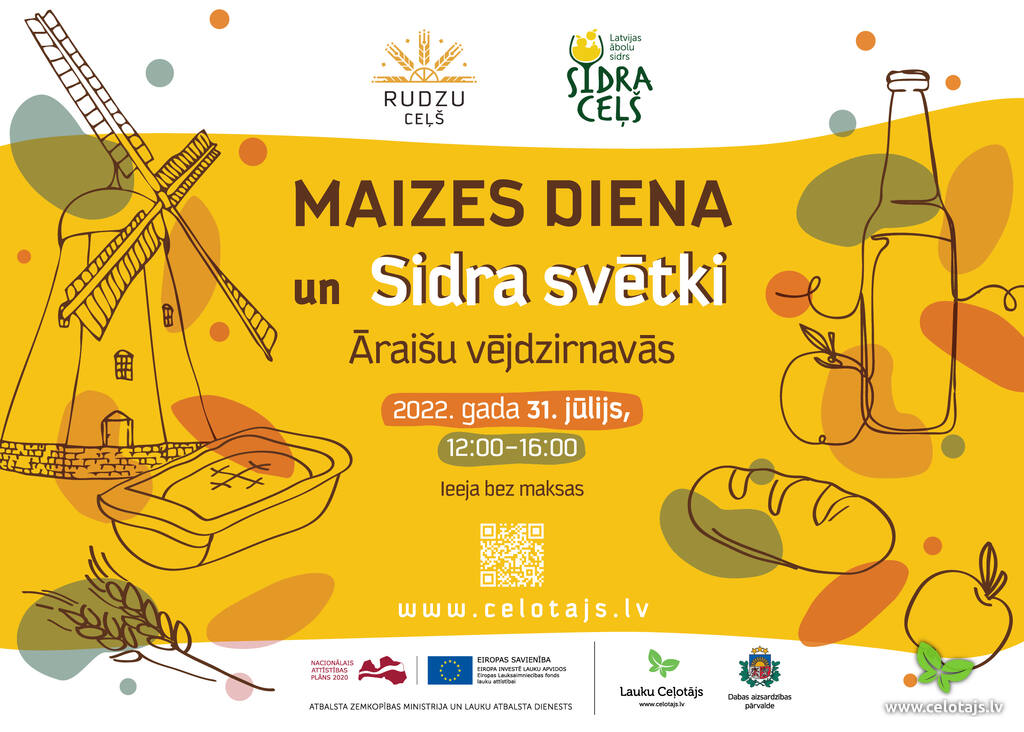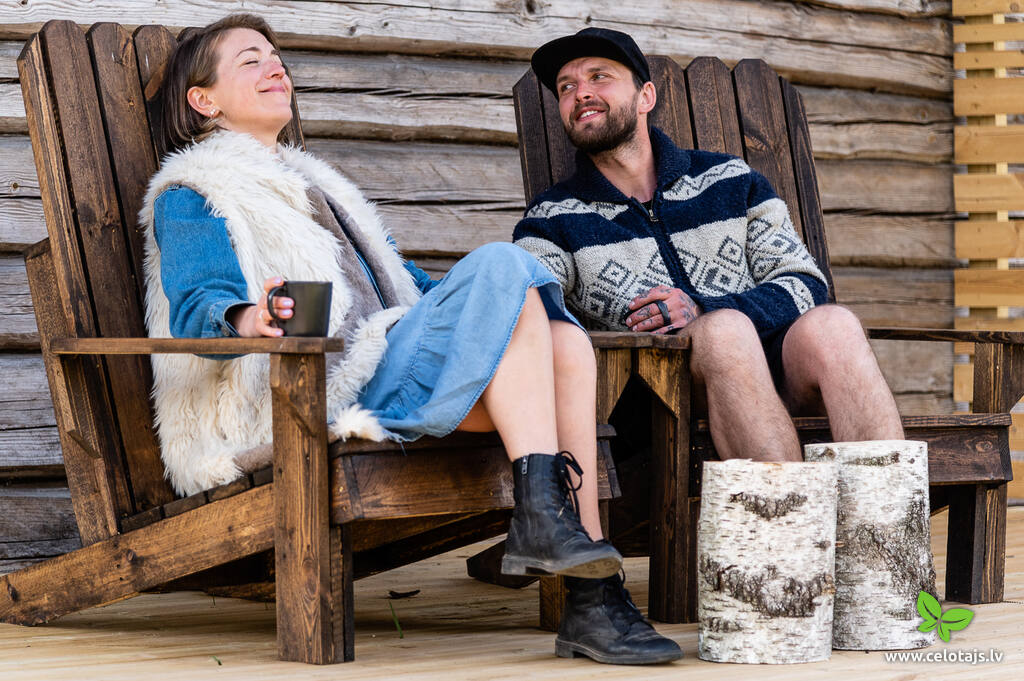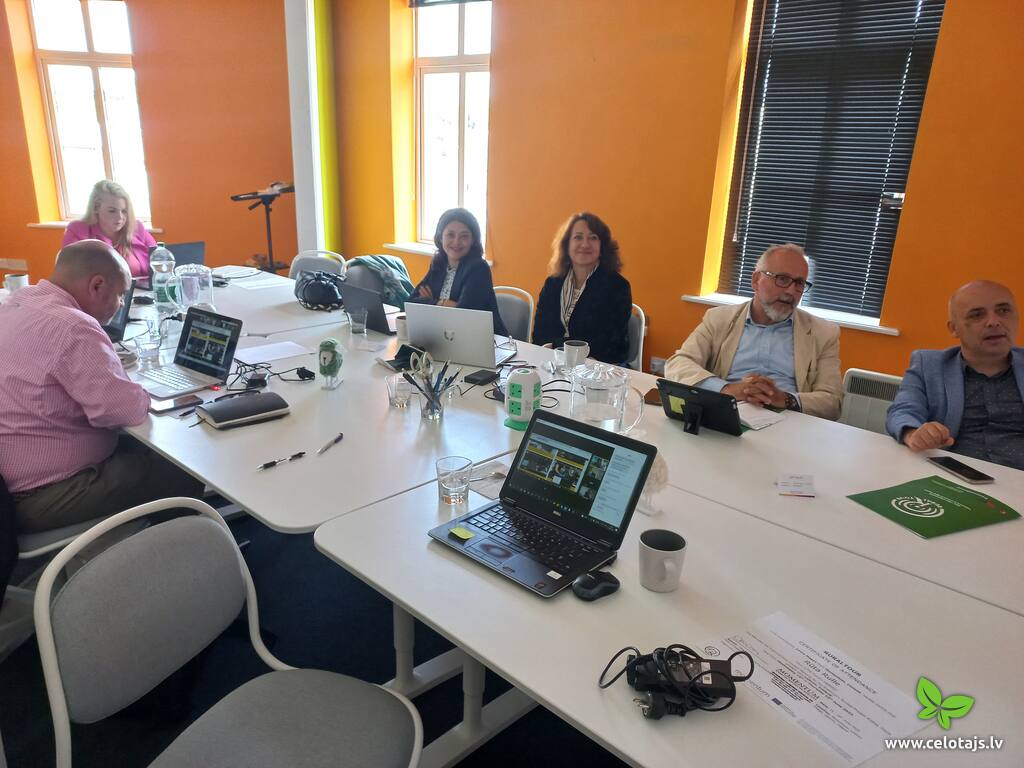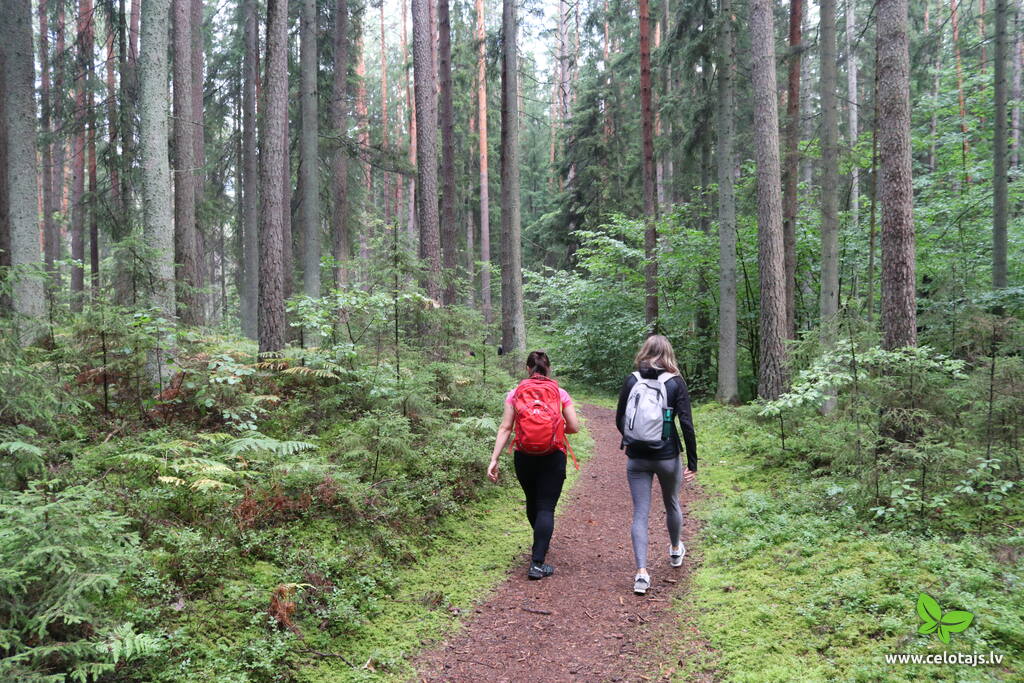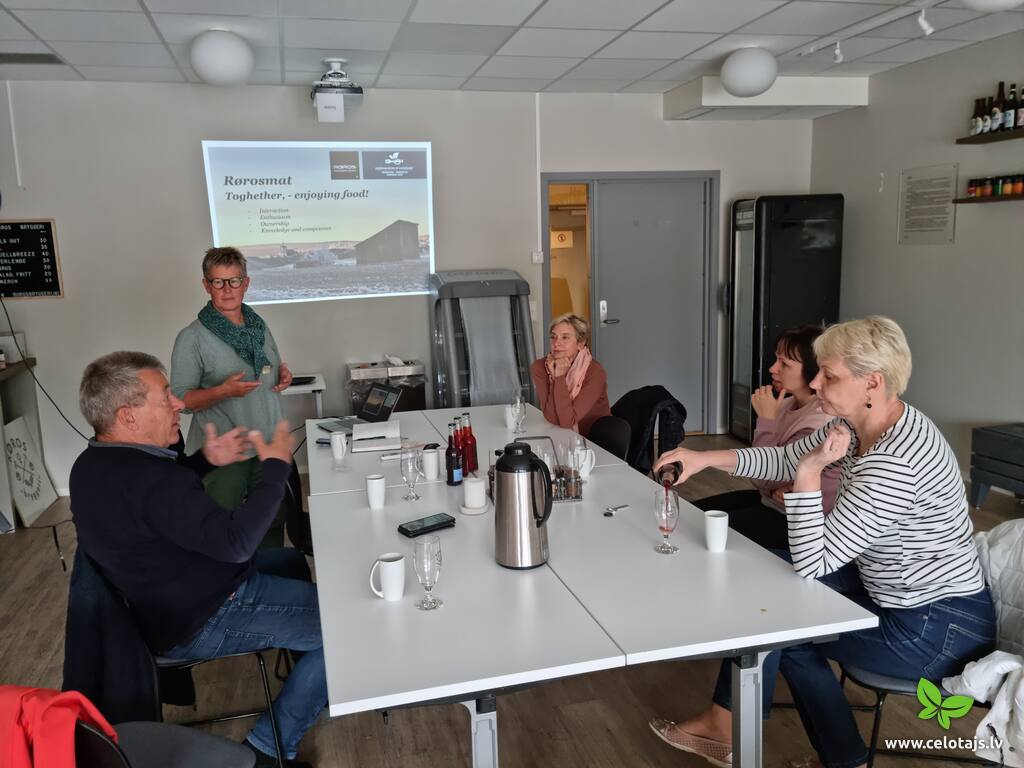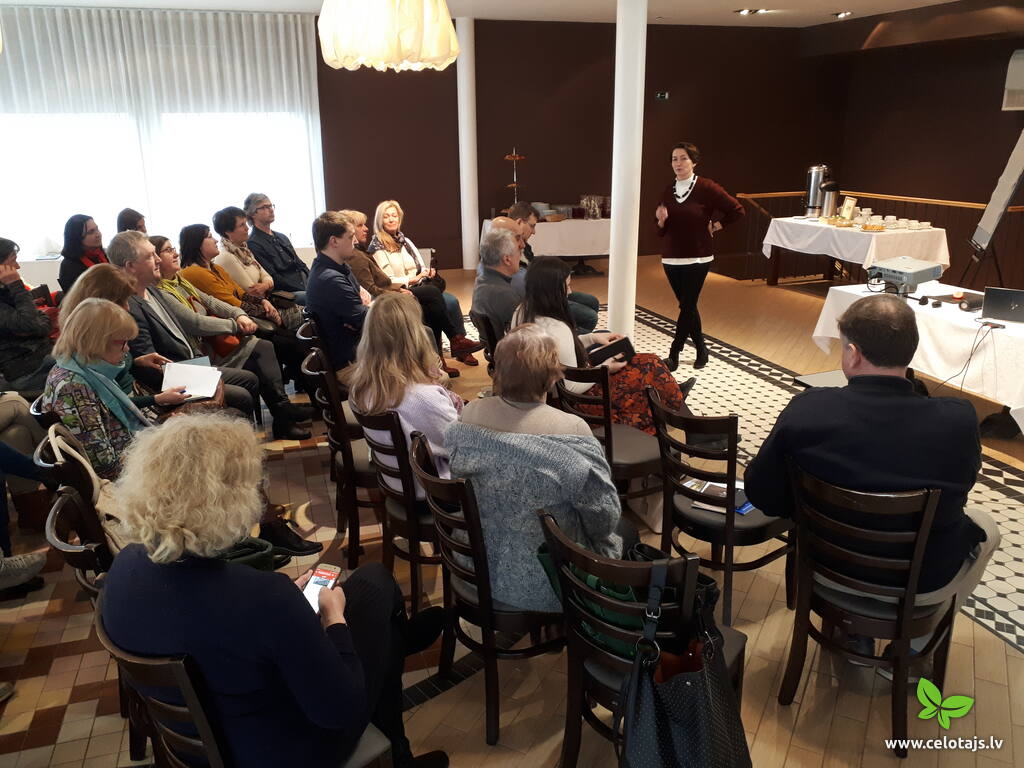Travel and Professional news
Travel and Professional news
Esam izveidojuši jaunu apmācību kursu “Zaļākas nākotnes prakses. Padomi tūrismā iesaistītajiem uzņēmējiem - vietējās pārtikas, dzērienu ražošanas un pakalpojumu sniedzējiem.”. Tas veidots kā praktisks padomdevējs MVU esošās darbības pilnveidei. Ikvienam uzņēmējam jāizprot galvenie biznesa elementi, jāizstrādā uzņēmuma un produkta vai pakalpojuma vērtības piedāvājums saviem klientiem un jāizprot, kā kļūt efektīvākiem augošās konkurences apstākļos.
Kurss izstrādāts, balstoties uz rokasgrāmatu "Zaļākas nākotnes prakses. Padomi tūrismā iesaistītajiem uzņēmējiem - vietējās pārtikas, dzērienu ražošanas un pakalpojumu sniedzējiem.".
From September 12 to 14, the team of the "Rural Tour: Training Program for Sustainable Rural Tourism" project met at the fifth meeting of the steering committee. It was coordinated by the Italian Travel and Tourism Federation and took place in person in Rome, Italy. Due to unforeseen reasons, partners from Romania only joined online on the Zoom platform.
A gastronomic adventure dedicated to Latvian and Baltic natural ciders and their harmony with food, with an emphasis on local small bakeries and cheese producers. Cider makers will share their stories and experience, sommeliers and cider experts from Latvia and abroad will share their recommendations, chefs will discover the best combinations of food and cider to share a unique taste experience with gourmets. Guests are especially invited to appreciate the ciders produced in Latvia and the Baltics in accordance with local products - rye bread or rye flour products and cheese.
The Bread and Cider festival will mean a meeting between the Rye Road and the Cider Route – two culinary tourism routes which inform visitors about bearers of Latvian identity – traditional rye bread, as well as cider that is made from natural Latvian apples.
On July 31, people honour the new harvest of rye bread at the Āraiši windmill. This year the festival will have a broader sound, because Latvian cider made of apples will be involved. This symbolises the merger of ancient and new traditions. Rye bread has long since been the bearer of ancient Latvian culinary traditions. Cider, in turn, is a new identity product for Latvia, because cider culture began to appear only 30 years or so ago. We are justified to be proud of our bread and cider that is put on the festival table. It can be brought as a housewarming gift or enjoyed on an everyday basis.
As we observe public interest in a healthy and natural life environment, there is a new way of learning about countryside tourism. This allows urban residents to “adapt” to a rural life model so as to think about a lifestyle change or simply spend a few days like a “rural resident.” This is a story about a lifestyle that changes accustomed ideas about the countryside, creating a rural environment which merges traditional and contemporary values.
From June 14 to 16, the team of the project "Rural Tour: Training Program for Sustainable Rural Tourism" met for the fourth meeting of the Steering Committee. It was coordinated by Momentum Marketing Services and held in Carrick on Shannon, Ireland. For several reasons, some partners only joined online via Zoom platform.
Fully completed – with marking signs, maps, guidebooks and specialised website – the Baltic Trails are there offering marvellous nature experiences to hikers in Estonia, Latvia and Lithuania.
The Baltic Coastal Hiking Route and the Forest Trail are two long distance hiking trails in the Baltic States. Jointly referred to as the Baltic Trails, they open Estonia, Latvia, and Lithuania for the world’s hiking community, and are linked with the European network of long-distance hiking paths. Trail developers have put great effort in exploring the trail in full length, involving local communities to set the best route and prepare for visitors, marking and signposting the trails, producing guidebooks and maps. Hiking in the Baltic States means enjoying great nature diversity and true local hospitality.
The third meeting of the project "Nordplus Adult" will take place in Røros, Norway, from 23 to 26 May, during which the completed study material in Latvian and Estonian will be discussed. Good practices examples, pictures and videos will also be discussed. Once the material is accompanied by examples and illustrative material, it will be sent for design. During the meeting, it is planned to get to know the surroundings of Røros and Trondheim and to visit local producers.
We are developing a training material for the project “Rural Tour: A training programme for sustainable rural tourism”. It will cover formal, informal and non-formal vocational education and training. The material will be suitable for business owners, hotel, restaurant and entertainment center managers operating in the rural tourism industry, as well as potential entrepreneurs.
On April 7, after more than two years of communication via online, the general meeting of the members of the association "Lauku ceļotājs" took place in person. During the meeting, the president of the association Asnāte Ziemele also told the participants about the project "Reaching greener future in local food & drink production and provider SME sector – innovative and best practice based adult training", the planned work and the results to be achieved.


